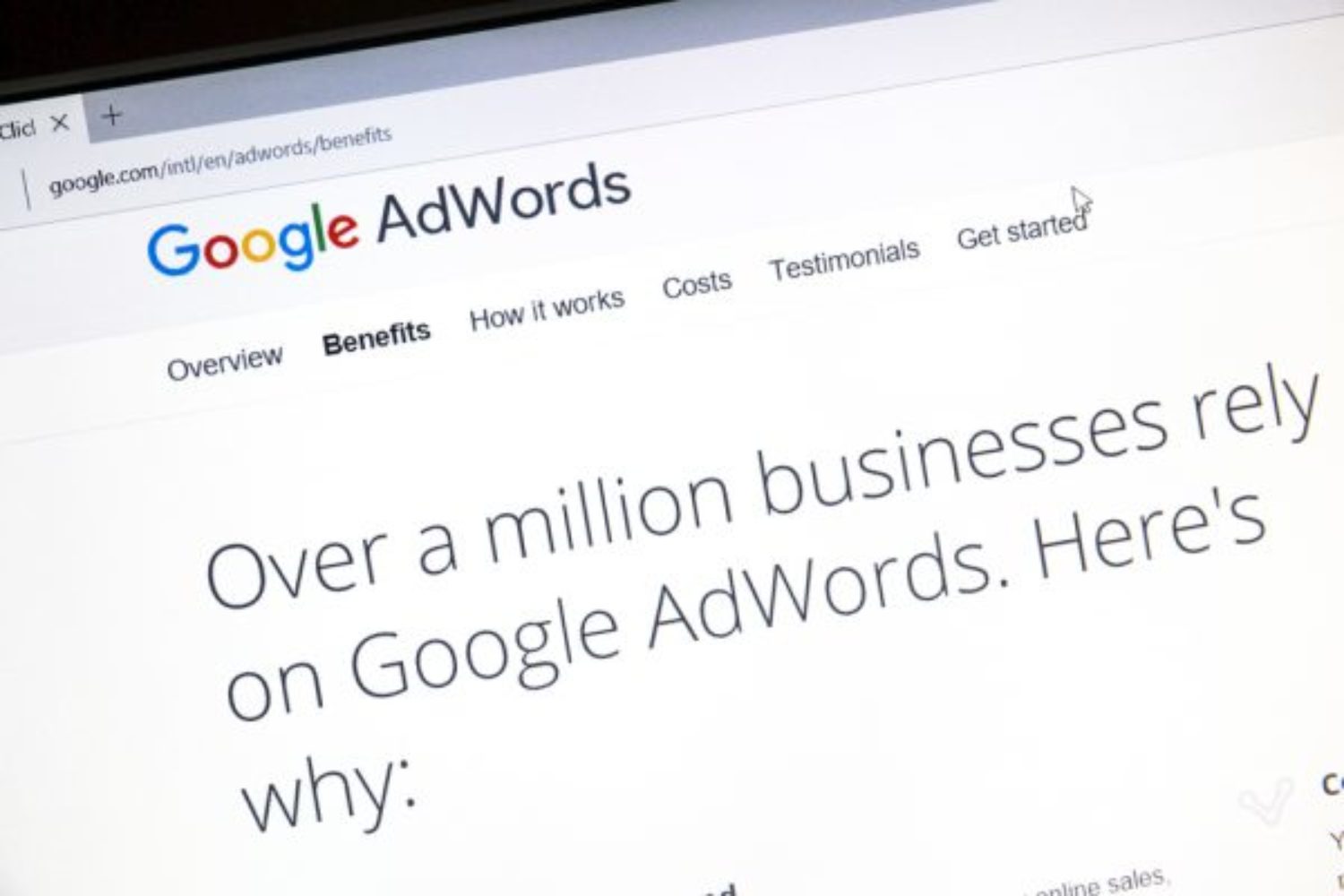What is the difference between organic listings and sponsored listings on Google?
When a person conducts a search on Google, the searcher is presented with two types of queried results: organic listings and sponsored listings, also known as adwords. It is important to understand these differences as a consumer and as a business owner. These listings are divided in two parts on the search engine results page (SERP). One section is pay per click, identified by the sponsored listing tag in the ad and the other is naturally selected by Google.
What Does Organic Mean?
Organic search results are the outcome of search engine optimization (SEO) and are sometimes known as “natural” search results. It is based on a few factors surrounding your business. How relevant is the search query in relation to your site and/or business, and how many people actually use your site when searching for those keywords related (popularity)? With the right tools and proper structure, the more effective you are with relevancy and popularity, the better your opportunity to be seen on the search engine results page (SERP).
What is a Sponsored Listing?
Sponsored listings (adwords) are very unlike their counterpart. They are advertisements for which businesses pay. You (as the advertiser) decide when and where you want your website to show up. With sponsored search results, the business has paid to have their website show up at the top of the search result page in the paid listings section when someone query’s a search for specific keywords. These businesses often choose search words that pertain to their business’s product or service.
Why Does it Matter?
Knowing the difference between organic listings and sponsored listings is very beneficial when conducting searches online because it allows the consumer looking for information to understand the degree to which a search result pertains to the searched phrase. When making a search, you can differentiate paid/sponsored listings from organic listings because search engines will separate paid listings by placing them above or below organic search results. Additionally, search engines may highlight sponsored listings in a visual way, such as giving them a border or shaded background or a tiny box with the word AD.
Approximately 70% of people conducting searches disregard or skim over the sponsored listings, going directly to the number one organic listing. Most people making a search will naturally select the first organic listing if it matches their search phrase, which demonstrates how beneficial it is to be in a high position in the organic listings. However, being number one in the organic listings takes time, dedication, and effort and often requires SEO services through the knowledge of a specialist. Based on searchers’ habits and the statistic above, business owners may automatically conclude that it is more beneficial to work towards a high position in the organic listings rather than spend the money for sponsored listings; however, this is not always the case. It depends on what type of business you own as to whether paid listings or organic listings would be more profitable for your business. For example, product or brand specific companies that sell to a larger population outside of their geographic area can often largely benefit from paid listings. These types of businesses may even find that paid listings are more profitable than organic listings. On the other hand, if your business is local in nature and focuses on one specific geographic area, then improving the position of your organic listing may maximize your business’s profit. An excellent strategy to adopt may be to utilize both while you are working towards your higher position organically, your paid listings remain at the top to stay highly visible and attract new customers.
Use Both SEO and PPC Strategically
Understanding how your customer shops and devising a plan for local or a wider reach of traffic will help you decide which is right for you. Regardless of which type of listing you choose, both organic and sponsored listings can be extremely beneficial to your business’s success when managed correctly. Imagine utilizing both results queries to double your exposure, take up more valuable real estate on the first page of the search engine and ultimately get more business. Google is essentially the former yellow pages directory, just a little more complicated than placing an ad once a year and letting it run its course. Partner with someone who understands how this works and will work to make it benefit your business.

